Introduction to the Concern
A recent report by the McCreary Centre Society has shed light on a disturbing trend in British Columbia: a significant increase in the number of teenagers engaging in gambling and gaming activities that involve spending real money. This rise corresponds with the growing availability of online gambling options across Canada, which has made it easier for young people to access and participate in these activities.
Prevalence of Gambling Among Teenagers in B.C.
The findings are based on the 2023 B.C. Adolescent Health Survey, which collected responses from over 38,200 young people aged 12 to 18. The survey, conducted every five years, evaluates various issues affecting youth, with this edition focusing specifically on gambling and monetary gaming behaviors. The data indicates that about 35% of participants reported engaging in at least one of eight different forms of gambling or money-based gaming within the previous year. These activities ranged from sports betting to purchasing virtual goods inside video games.
Trends and Patterns
Since the 2021 survey, Canada has legalized single-event sports betting for adults, making gambling more visible and accessible, especially online. Similar patterns have been observed in other provinces, highlighting a nationwide concern. The easy online access to gambling platforms makes it more accessible for youth than ever before, contributing to the increase in gambling activities among teenagers.
Popular Gambling Activities Among Youth
Annie Smith, executive director of the McCreary Centre Society, highlighted that spending money within video games is the most prevalent activity among young people surveyed, a behavior not tracked in the previous survey cycle. Traditional gambling forms, such as buying lottery tickets, have become less common among teens. Nonetheless, the overall rate of youth gambling has slightly increased, with 20% admitting to gambling activities, reflecting a 2% rise since the last report.
Regional Variations and Online Access
The survey also found regional variations in gambling rates, with higher participation reported in northern British Columbia, the Interior, and Vancouver Island, while the Vancouver Coastal and Fraser regions showed the lowest rates. Online sports betting has doubled over the past five years, and the frequency of playing online card and dice games has more than doubled. The ease of online access to these platforms is a significant factor in the increased participation of youth in gambling activities.
Concerns and Consequences
Elizabeth Saewyc, a professor at the University of British Columbia not involved in the study, warned about the long-term consequences of early gambling habits. She explained that starting addictive behaviors at a younger age increases the difficulty of quitting them later on. Gambling late at night can disrupt sleep patterns, negatively impacting mood, memory, and academic performance. Many young individuals who participate in gambling also face other difficulties, such as social isolation and food insecurity.
Need for Assistance and Support
Importantly, 12% of the surveyed youth expressed a need for assistance in managing problematic gaming involving real money, and 1% identified a need for help with gambling. To help mitigate these risks, it is recommended that families set boundaries around electronic device usage at night, promote outdoor activities, and maintain open, non-judgmental discussions about gambling with young people.
Conclusion
The increase in youth involvement in gambling and gaming in B.C. is a concerning trend that requires attention and action. The ease of online access to gambling platforms, the normalization of gambling, and the lack of awareness about the risks associated with early gambling habits are all contributing factors. It is essential for families, educators, and policymakers to work together to educate young people about the risks of gambling, provide support for those who need it, and promote healthy alternatives to gambling. By taking a proactive approach, we can help mitigate the negative consequences of gambling and support the well-being of young people in B.C.



